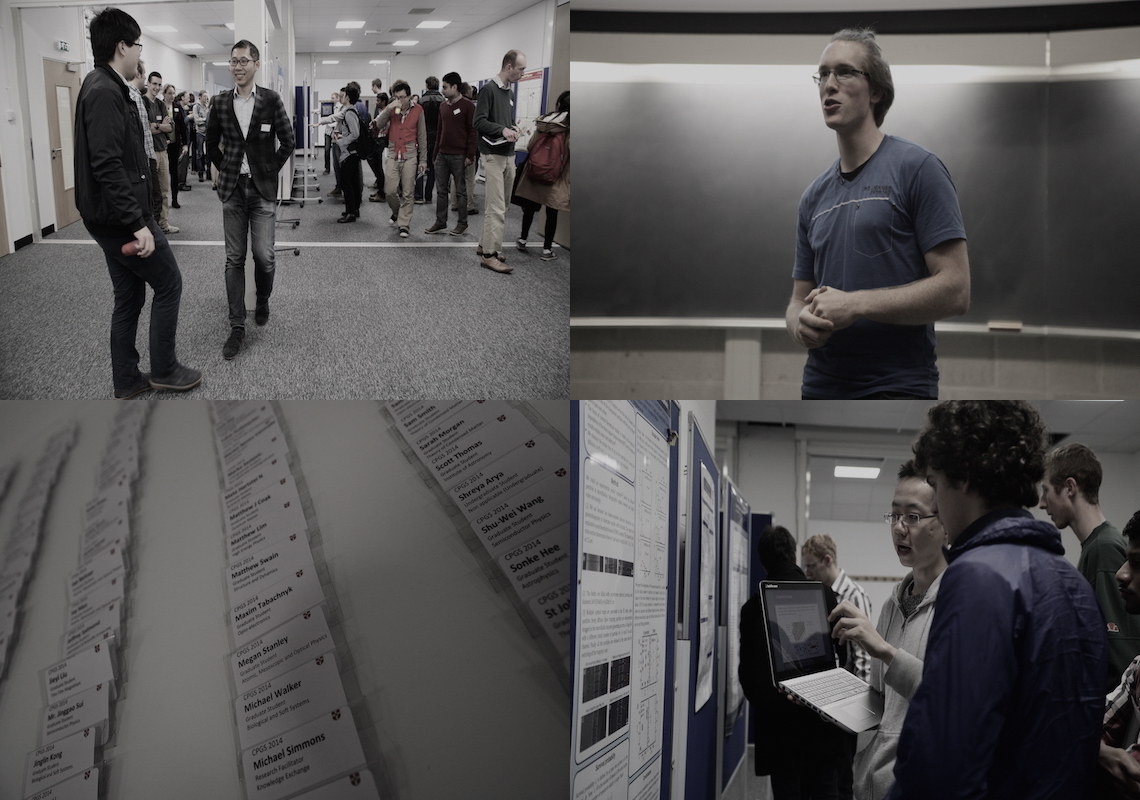About the conference
Welcome to the website for the Cavendish Graduate Student Conference (CGSC) 2024. CGSC is a student-organized scientific conference which aims to aims to boost collaboration across research groups at the Cavendish, to demonstrate the cutting-edge work done at the Cavendish to prospective physics researchers, and to consolidate research communication skills for graduate students.






